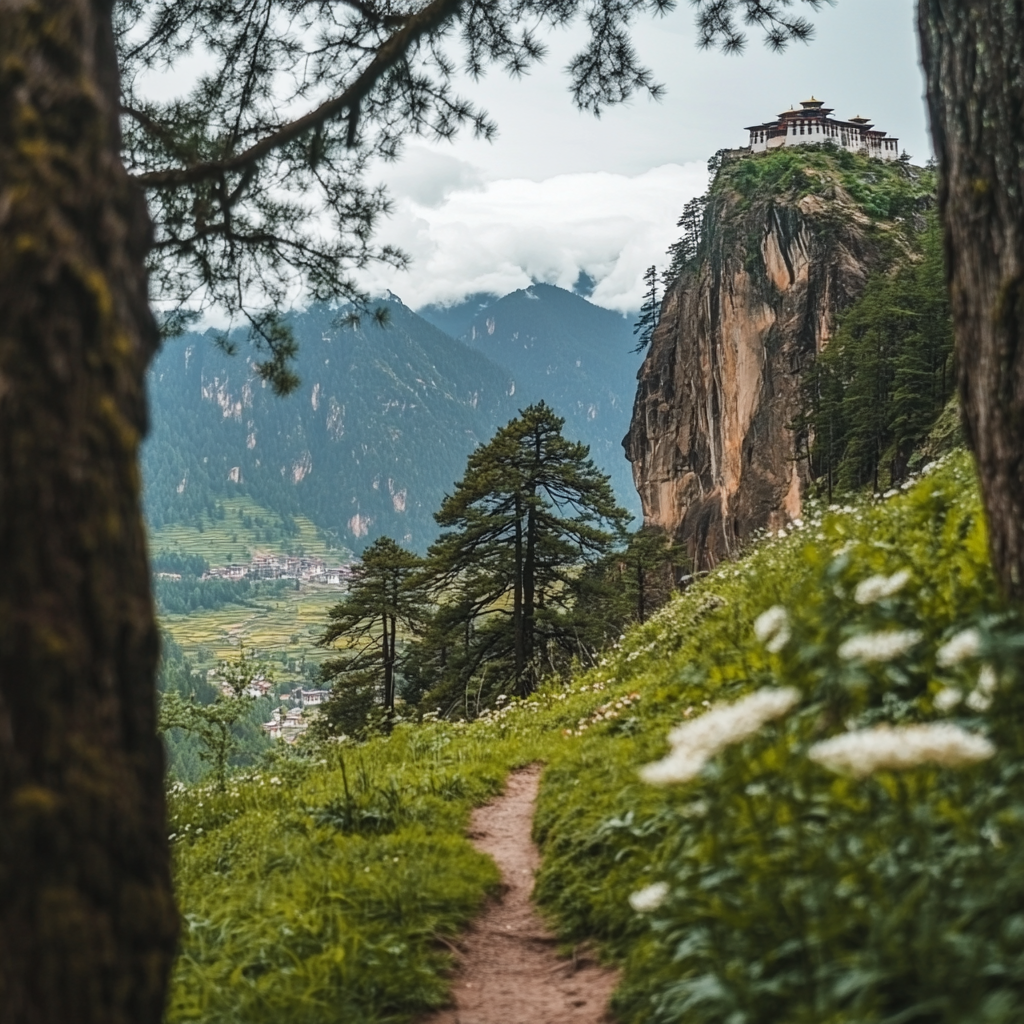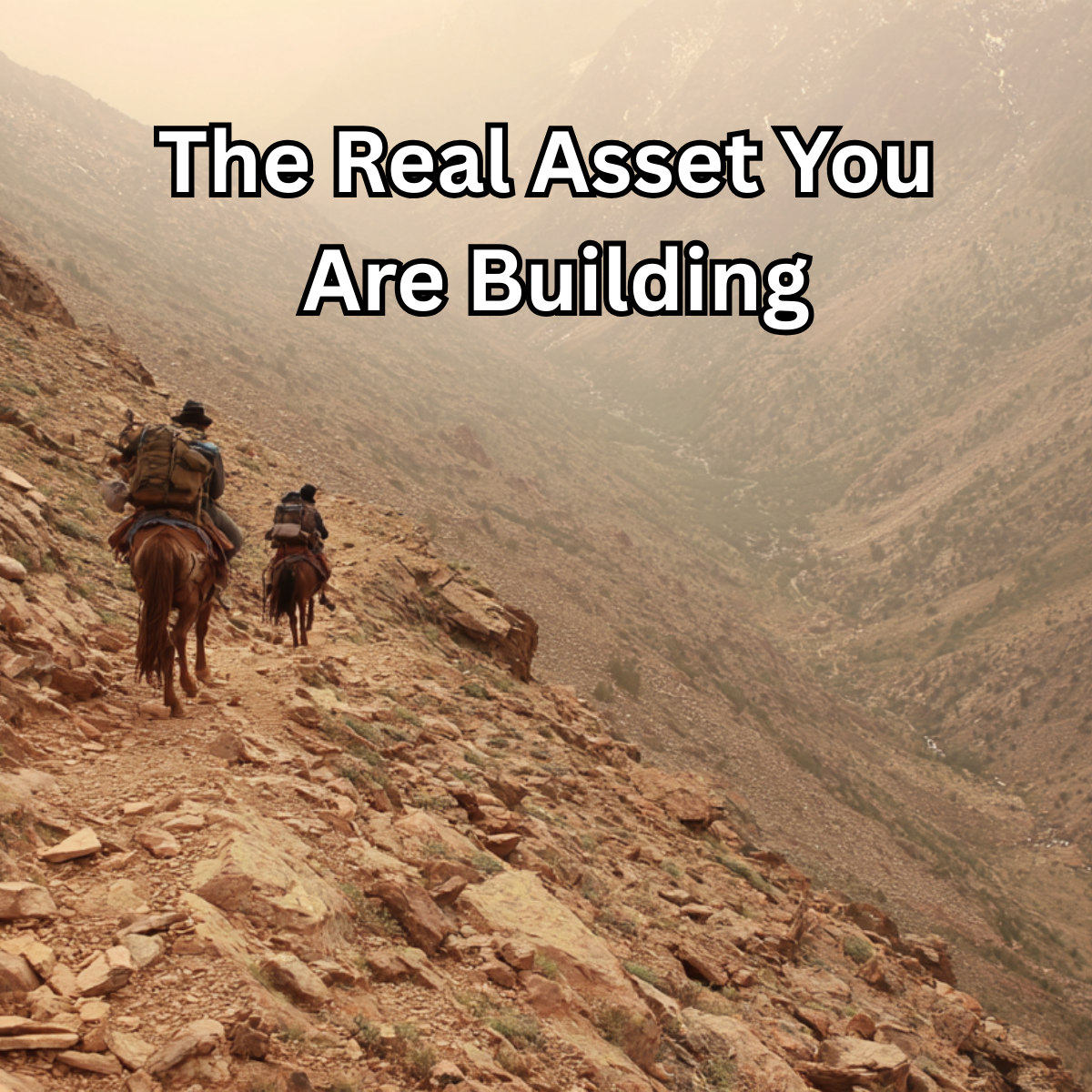Every major world religion has a practice that focuses on convincing their followers to take rest days. Is this by happenstance? Did all these religions come to this concept independently, or perhaps this is a fundamental truth about organic life that we cannot ignore? Now, some religions, like those of the Abrahamic lineup, have one day per week, whereas the Eastern regions have so many holidays, observed fasts, and festivals that it probably equals at least one day per week. Either way, the message is uniformly the same. You need to rest from your work and focus on something else: worship, spiritual considerations, or simply relax.
As a consequence, I have tried to embrace this concept as much as possible. A dedicated day of rest where I do not do what I usually do and instead focus more on spiritual things. I like to fast, rest, spend time outdoors more, and focus on reading and studying uplifting works that can uplift my soul. One day a week, Sunday for me, I have a different program that I follow. It overlaps with my other commitments, as they are always EVERY DAY. However, I focus on evaluating my life, reading, studying, resting, and connecting with family and friends. I try to steer clear of business-related things, allow my mind to wander and meander through the course of thoughts, and generally just not stress myself out. It is a good day to get hydrated, eat simple foods, or eat no food at all.
This day of rest is not a religious concept, although, for many, it is a commandment-level requirement of their faith. The idea of giving organic things rest periods is an integral part of growth. Rest is how things grow, repair, strengthen, and then prepare to grow again. Many cultures have built into their religious beliefs the idea that they cannot overwork fields or beasts of burden. Any farmer will tell you that if you grow the same crop in the same field every year, the land will begin to lose productivity. Rather, they almost always have a cycle where they let a field go fallow for a season in order to restore vitality to the soil. You are no different; your soul (mind and body) needs rest to be effective. This is the truth, and we cannot escape it.
A few years ago, I went on a backpacking trip with my aunt, son, and nephew. That year, we could not get a permit to enter the Sierras, so we got the only one we could: a hike off the desert floor and into the mountains. This would be considered the most brutal way to go. So we took off one early morning, bound and determined to reach the top. We did great, and in the late afternoon, we were rewarded with a beautiful meadow with trees and shade. We had been hiking in the desert the entire time and finally were blessed with respite in a place of peace. I thought came into my mind, as I looked upon my weary companions, that we should stop here and camp. Take a break. However, I wanted to achieve my goal, so we pushed on. That turned out to be a mistake, and soon enough, my crew was strewn all over the trail, and a few of them showed signs of fatigue and dehydration. I ended up having to help them and spent a good part of the early evening helping them up the mountain to our destination. We got to our destination, but we were in bad shape. We never recovered, and when we hiked back, we found ourselves in serious trouble because we were tired and not thinking straight. I remember walking back through that meadow and remembering my previous thought: I should have allowed us to rest.
That experience taught me a powerful lesson: sometimes, pushing forward without rest isn’t a sign of strength but of stubbornness. In my determination to reach the top, I ignored the signs that my body—and my companions—needed to pause. It was a stark reminder that rest isn’t a luxury; it’s a necessity. Just like that meadow offered us a chance to recover, so does life when we build regular moments of rest into our routine. And this is where the importance of intentional rest comes in. Rather than waiting until we’re forced to stop by exhaustion or burnout, we can proactively create space for rest, ensuring we have the energy and clarity to keep moving forward with purpose.
So rather than just waiting for the day when you shut down, which will happen whether you like it or not, you can build a regular rest day into your routine. This creates a guaranteed break where you can recover, rejuvenate, and reconnect with purpose.
By incorporating rest into our regular routines, we’re not just following ancient traditions—we’re aligning ourselves with a fundamental truth about life. Organic systems need time to replenish, whether it’s fields, animals, or people. Our bodies, minds, and spirits are no different. Taking time to unplug and unwind isn’t a luxury; it’s a necessity for maintaining balance and staying sharp for the long haul.
I’ve learned that when I commit to this day of rest, I come back to my work with renewed energy and focus. It’s a reset button that clears the mental clutter, giving me space to think more clearly and creatively. Even better, it’s a way to invest in my well-being by focusing on the things that nourish me—whether it’s spending quality time with loved ones, being in nature, or engaging in activities that inspire growth.
So, while this concept may have been formalized in different ways by various religions, at its core, the practice of taking time for rest and reflection transcends any one tradition. It speaks to something deeper—our human need to pause, reflect, and reconnect. And when we embrace it, we allow ourselves to grow, just like those fields that rest for a season before yielding a better harvest. Rest isn’t just about stopping; it’s about preparing ourselves for what’s next.




